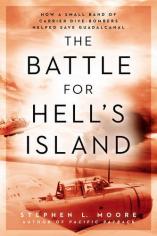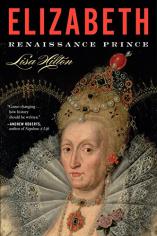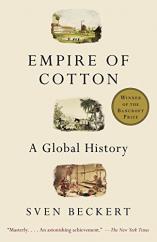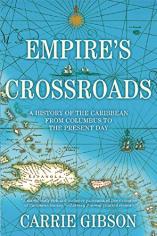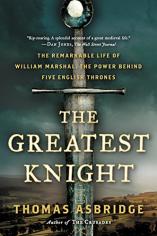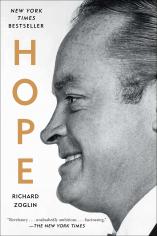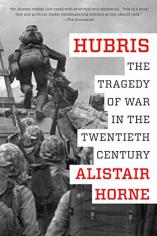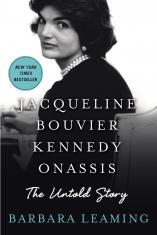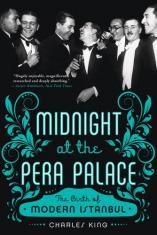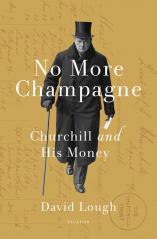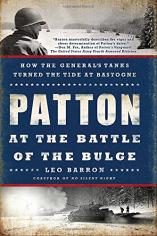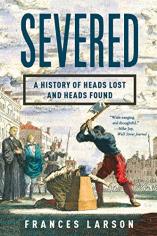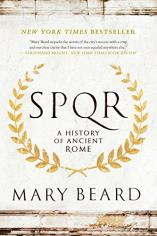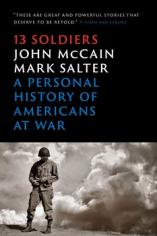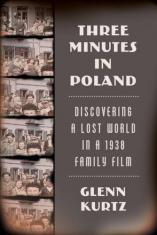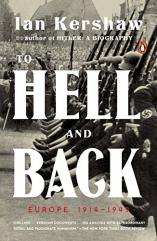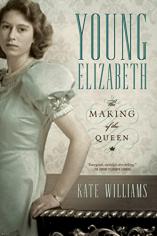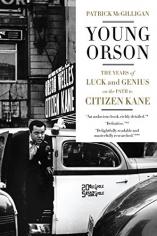November 2015
History Books Roundup: Reliving the Past
November 2015

November's roundup of History titles includes THOMAS JEFFERSON AND THE TRIPOLI PIRATES by Brian Kilmeade and Don Yaeger, the little-known story of how a newly independent nation was challenged by four Muslim powers and what happened when America’s third president decided to stand up to intimidation; TO HELL AND BACK, acclaimed scholar Ian Kershaw’s long-anticipated analysis of the pivotal years of World War I and World War II; HUBRIS, in which Sir Alistair Horne revisits six battles of the past century and examines the strategies, leadership, preparation and geopolitical goals of aggressors and defenders to reveal the one trait that links them all: hubris; and THE WASHINGTONS by Flora Fraser, a full-scale portrait of the marriage of the father and mother of our country --- and of the struggle for independence that he led.


